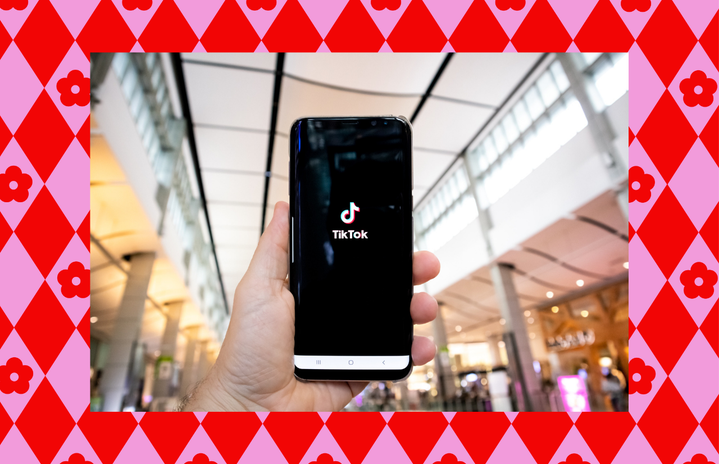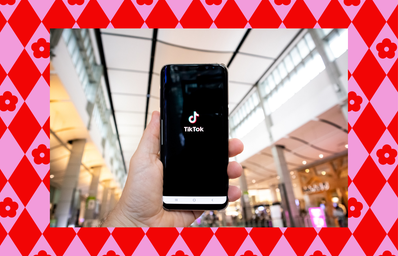With media activism on the rise and leftist world views becoming increasingly polarised, it is easy to find oneself trying to advocate for the rights and space of an oppressed group by having to ‘compete for legitimacy’ against another oppressed group. For example, on twitter; the “trans debate” and activism for transgender women face the harshest criticism from ‘women’s rights’ activists on the site, as if caring for different groups is mutually exclusive. It is clear that systems of oppression are inherently linked and thus, to address any issue, it is necessary to address all systems at once. So why is it becoming increasingly difficult to give these views on the internet an intersectional and nuanced approach? Why does supporting one cause mean that a person cannot support another simultaneously?
Keeping the previous points in mind, it is important to understand what intersectionality is and why it is truly necessary. Intersectional feminism is an ideology that recognises overlapping identities within feminism. An intersectional feminist can, therefore, campaign for women’s’ rights while also acknowledging the deeper oppression that queer women or women of colour face as compared to middle-class, white women of the suffrage movement. Most importantly, intersectionality is about empathy towards people of any identity with an understanding that people face oppression in very different ways yet recognising that what they all face is still oppression. If feminists are not able to band together within intersectionality, we find ourselves ‘competing’ for the acknowledgment of our oppression in what is commonly referred to as ‘the oppression olympics’. Through infighting within feminist groups, we undermine our collective root cause of eliminating systems of oppression and limit any progress we make towards building a better future for everyone.
In 2021, 36% of people reported getting their news and political information from social media. Within the list of the most used social media sites of 2022, Instagram, Tiktok, and twitter were in the top 5. These, as we already know, are not ideal for nuanced political education or balanced discussions. These sites are specifically designed to capture our attention through short, a few seconds-long interactions grabbing onto us before we move onto the next post or video. As a result, our bandwidth for taking in large amounts of information is eroding at an exponential rate, which is directly contradictory to the increasing number of people who are using such sites to obtain news or learn about topics, as it breeds spaces for anti-intellectual discussion and online hatred.
Furthermore, to compete with these shortening attention spans and limited space to relay information, providers are having to simplify any knowledge, thus reducing an in-depth, nuanced analysis into an eye-catching, attention-grabbing buzzword phrase or eye-catching video. “Protect trans women” doesn’t mean “Lets ignore the oppression of cisgender women”, it simply highlights the fact transgender women face oppression in a more violent way (they are far more likely to face abuse and violence both from within the family and from strangers, are more likely to experience homelessness, have an overall life-expectancy of 30 from such violence as well as suicide and on top of all of that, cannot access any of the same women-directed help services that cisgender women can access due to the fact that by many they are not viewed as women). The parentheses alone come in at 395 characters so would clearly prove to be more difficult to convey in a single tweet. This reduction of important and wide-ranging points to short and potentially inflammatory catchphrases reduces the opportunity for critical thinking (anti-intellectualism), which wouldn’t be a bad thing if it wasn’t the main tool dominating activist spaces. The anti-intellectual surge of online activism and education is counter-effective and is a direct factor in the rise of online violence within leftist circles.
Similarly, the imposing nature of the internet means that the most successful content is the one that has garnered the most attention through views and interactions. As a result, attention becomes a form of currency with content being created to boost interactions of inflammatory and polarising nature – there is now an attention-based economy and content creation faces a hierarchy of importance. This is where we see the “oppression olympics” come into play, where the argument of ‘who is more oppressed?’ or ‘how I’m more oppressed than you see me to be’ overshadows important issues that dominate the real world. We see people exploiting the culture of others and then claiming deniability by referencing their own minority status – White, middle-class gay men on TikTok have developed a reputation for appropriating AAV and then stating that they can’t be contributing to racism because they’re gay. This deniability and competition for acceptance of oppression only entrenches stereotypes and the systems upholding it. With content creation on social media apps becoming an increasingly important method of sharing information, when a hierarchy of such information emerges, not only are consumers able to simply pick and choose what to believe with no accountability, people’s actions also face little consequences to re-think mindsets or change their actions. Fundamentally, it is this re-thinking of mindsets and positive changing of actions that will help those whole advocates the hardest to be able to achieve any kind of change in the political media sphere.
Overall, this is one of the most effective ‘divide and conquer’ tactics that we have seen in recent years, and on top of that it requires little need for intervention from any right-wing or oppositional political movements, as the left becomes too busy antagonising each other. As I mentioned earlier, systems of oppression are inherently linked – by this I mean that virtually all systems of oppression were interlinked with each other and required each other to hold themselves up. So, when it comes time for activists to try and challenge them, this is why intersectionality is so important – we cannot even begin to challenge systems of oppression without even considering it all at once.


